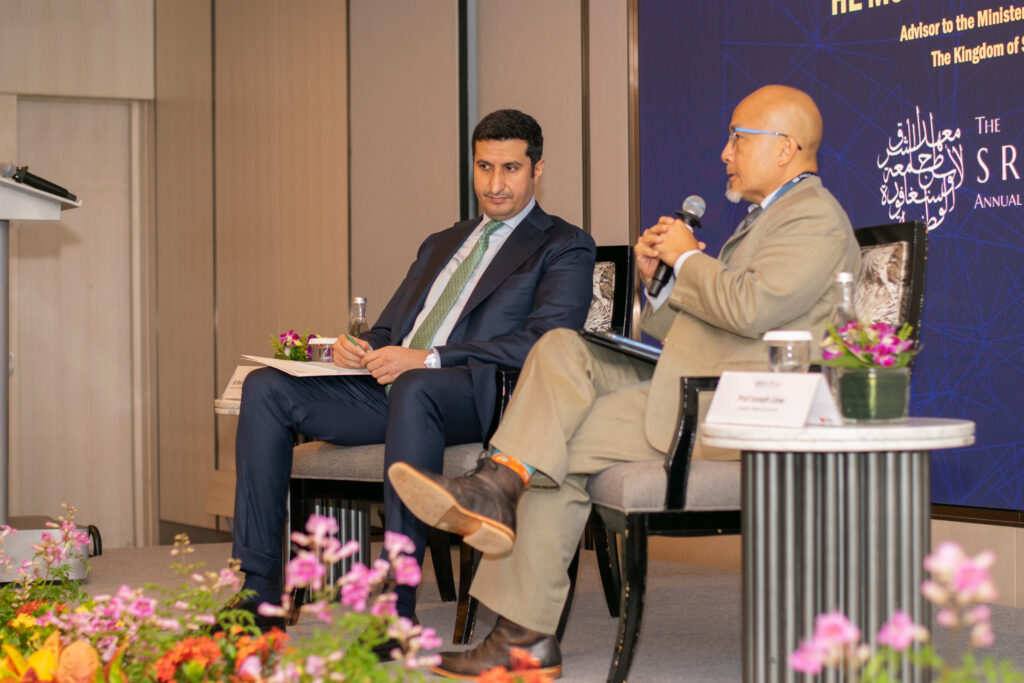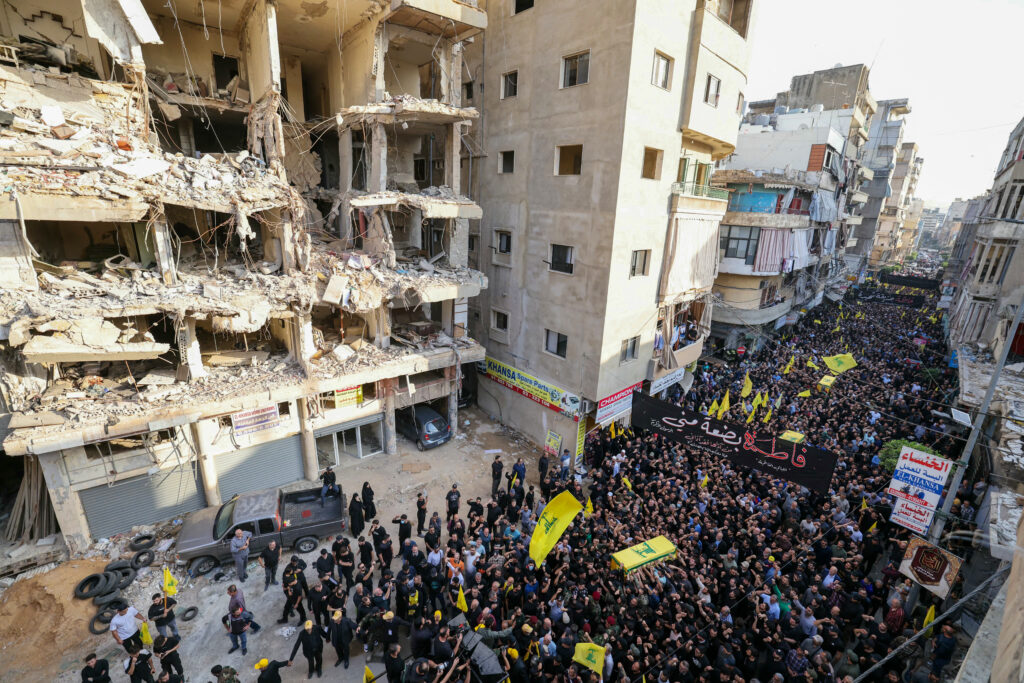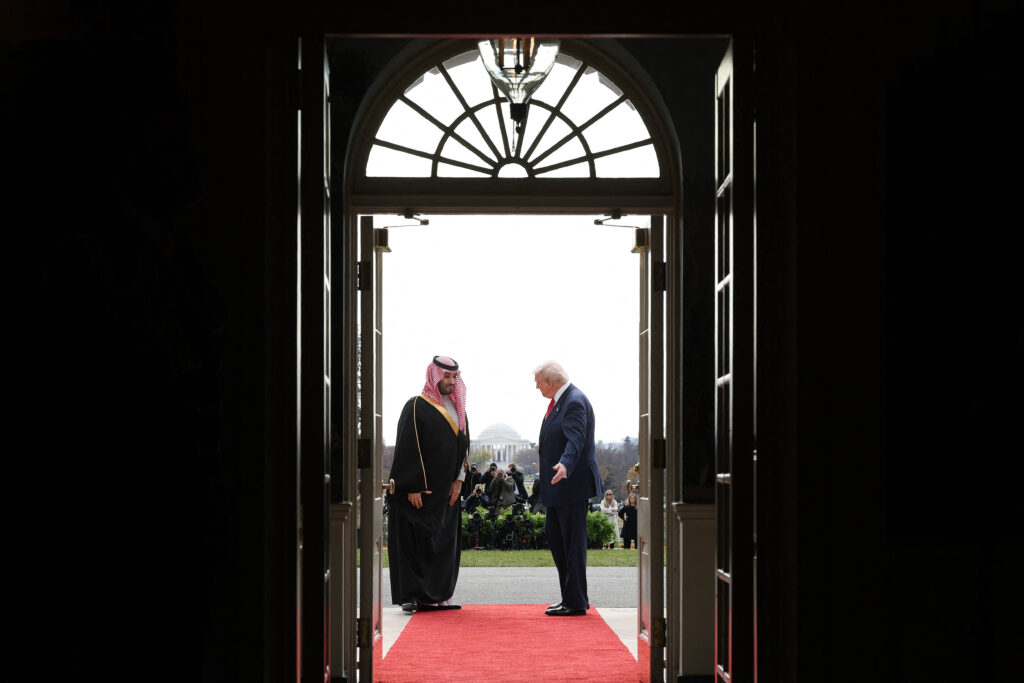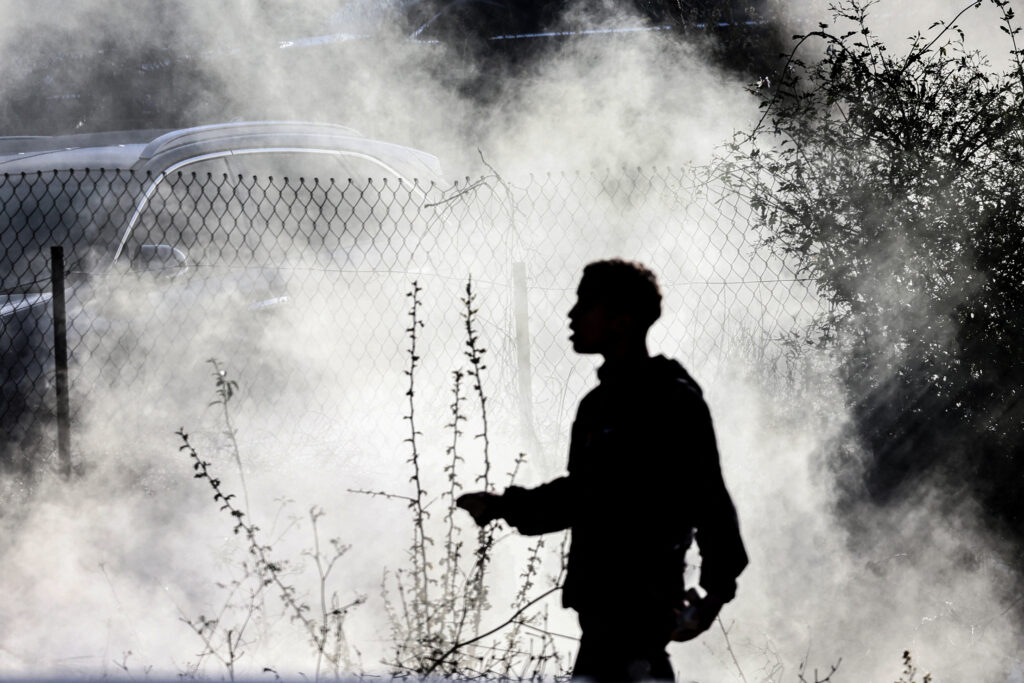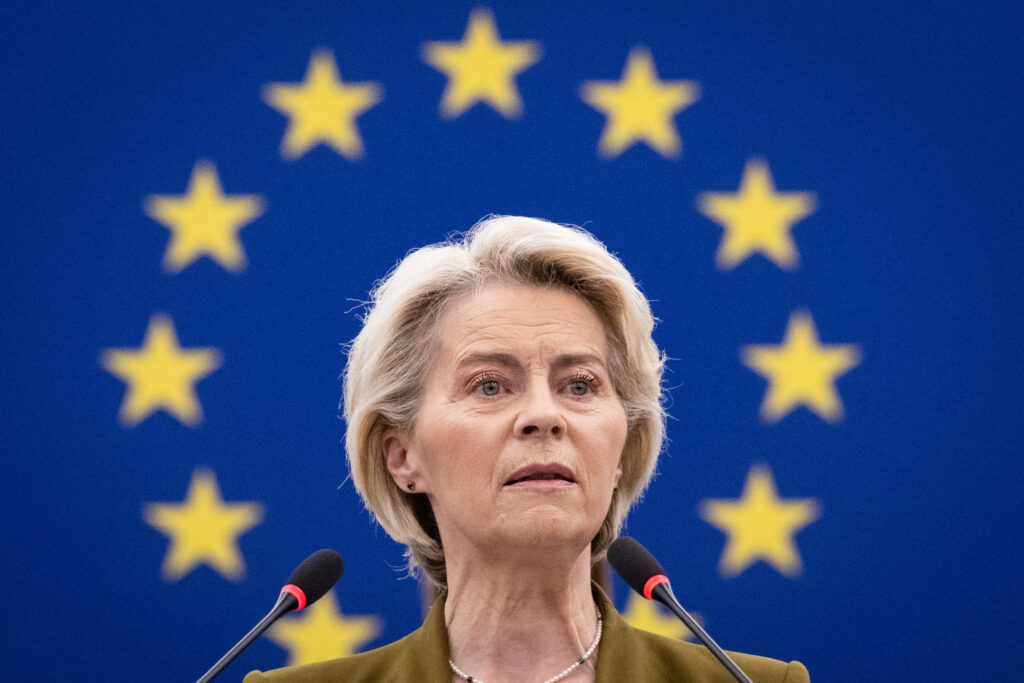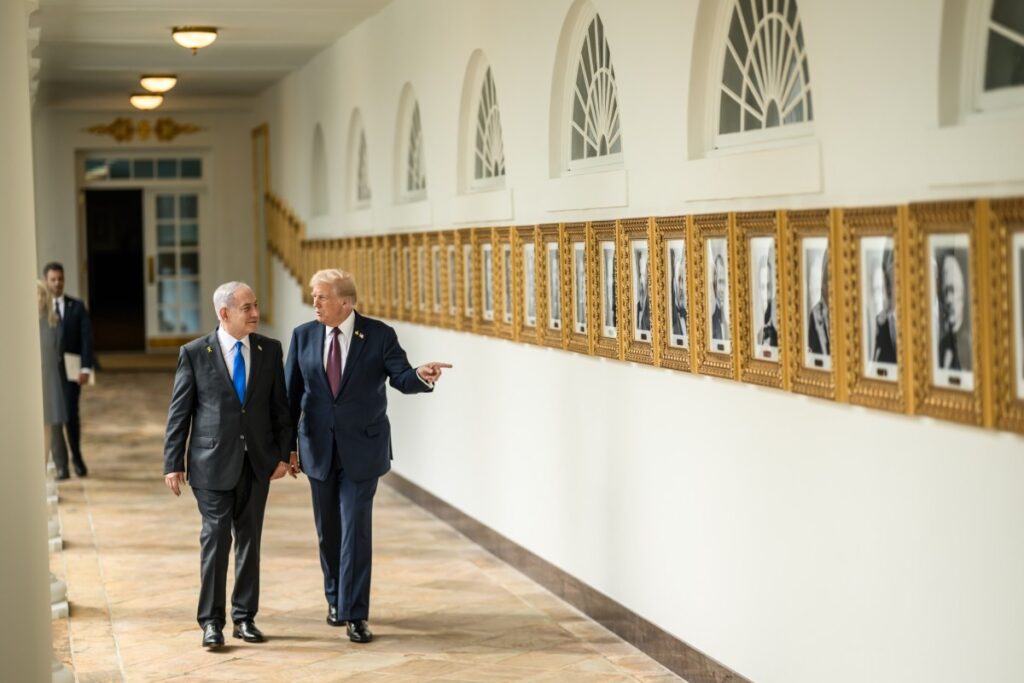In Sudan and Myanmar, Similar Questions After a Coup: Who’s Emboldening the Generals?
- -
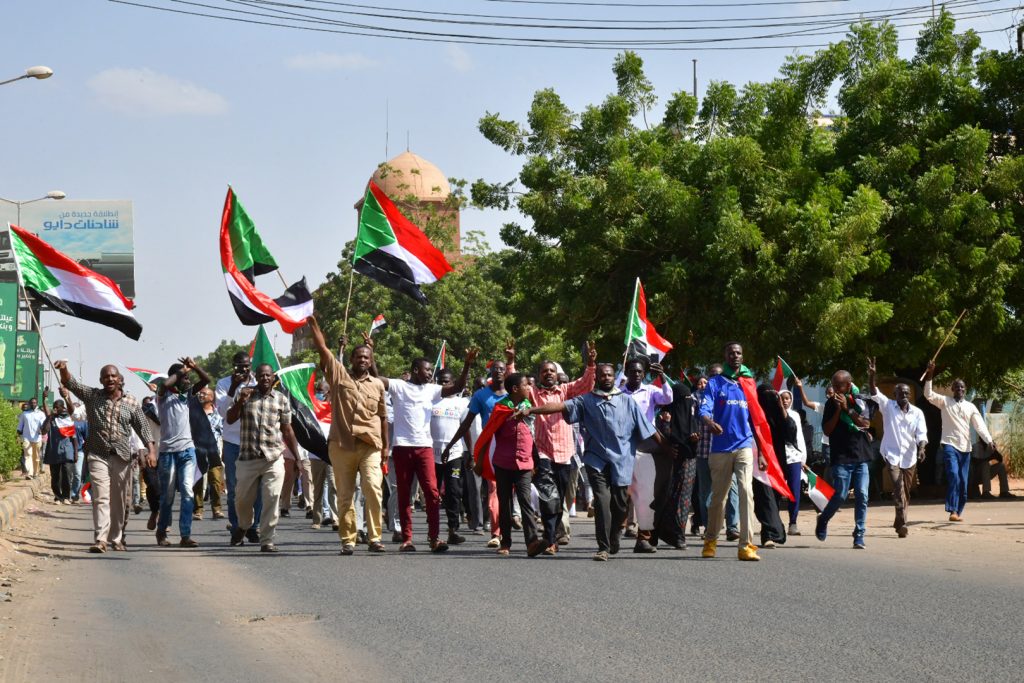
By Gyorgy Busztin, Visiting Research Professor, MEI-NUS
As the world follows with growing indignation the continuing military repression in Myanmar, another democratic transition promising the redemption of a country emerging from the clutches of autocracy came to an abrupt end at the hands of its army. On 25 October 2021, Sudan’s top generals arrested the country’s civilian prime minister and seized power in a coup they said was executed “to avoid civil war”.
The two countries are almost 7,000 km apart, and the gulf between their histories and cultures is even wider. The way their coups were enforced also differed. While both armies have employed lethal measures to keep a lid on protests after their takeovers, Myanmar’s armed forces, the Tatmadaw, have been much more violent: Over a thousand anti-coup protesters have been killed and 10 times that have been detained. In Sudan, meanwhile, seven have been killed, while an unknown number have been arrested. Despite this, there are some striking parallels between what happened in Asia and Africa.
Myanmar’s flirtation with civilian rule lasted barely a decade before a coup in broad daylight on 1 February this year ended it. The country is now in a state of conflict, if not civil war, with scant prospects for a way out anytime soon. As a measure of international indignation, ASEAN, famously known for non-interference and consensus, denied the military junta a place at the table during its current summit. The United Nations recently nominated Singaporean social scientist Noeleen Heyzer to continue attempts by the international community at bringing the generals to their senses.
Similarly, Sudan’s experiment with democracy followed an extended period of autocratic rule that brought it to the brink economically and isolated it politically. Both sets of generals thrived despite – or perhaps because of – this isolation, plundering their respective countries’ natural riches. When they decided that restored civilian governance threatened their privileged positions, both resorted to the same reasoning for using force: they were acting “in the interest of the people”, who would be doomed otherwise. The generals’ unity of purpose was preferable to the political bickering of civilians. The alternative was civil war and the breakup of the country, went the message.
That the facts disprove this narrative bothers the generals not at all. Both Myanmar and Sudan lived through decades of stagnation and repression under army rule. Their development was stunted and instead of harmony, military rule brought incessant internal strife. In Sudan, three decades of rule by General Omar al-Bashir, who is now languishing in a Khartoum jail, brought not just sanctions and economic doom but partition and ethnic strife too, with the South seceding and the Western Darfur province the scene of a brutal war of ethnic cleansing against its restive local population at the hands of government militias. The parallels with Myanmar are striking. The Tatmadaw earned itself a genocidal reputation for its punitive campaigns against ethnic minorities, the last of which targeted the Rohingya.
Located in a strategically significant shipping area along the Red Sea just across from Saudi Arabia but sharing common borders with Egypt and Sub-Saharan African neighbors, Sudan is not just an unexploited economic powerhouse, which could easily be the breadbasket of Africa, but a natural conduit between the north and south of the continent too. It can control the important shipping lanes of the Red Sea at a time of unprecedented instability due to the war in Yemen and tensions in Ethiopia. Did these realities impact on what happened in Khartoum? It is not a remote possibility. Sudan’s Arab neighbours may have decided that the army is a safer bet than a shaky civilian-military coalition. No condemnation of the coup was heard from either Cairo, Riyadh or Abu Dhabi. Though not proof of complicity, this is an indication that they may be more relaxed partnering with the military in Khartoum than with civilians when dealing with thorny issues such as Cairo’s Nile dam debate with Ethiopia or the Houthis’ attempts at controlling the Bab Al Mandeb strait, which have been resisted by Riyadh.
In Myanmar, too, the generals have the backing of a powerful neighbour. There have been rumblings of China’s tacit support for the military, not least by Elliott Prasse-Freeman, a Myanmar expert at the National University of Singapore, who told the BBC that the country “enjoys Chinese protection…I expect them to react to sanctions with a shrug”. Tellingly, Beijing blocked the United Nations Security Council (UNSC) from issuing a condemnation after the coup. If not perfectly happy with the military takeover – it invested much in mending ties with Aung San Suu Kyi – China will very likely continue shielding the new rulers of Myanmar from international condemnation, despite its thorny past with the Tatmadaw.
Setbacks for democracy anywhere are setbacks for democracy everywhere. It is disappointing to see a country that suffered at the hands of an autocrat for so long being denied the chance of a fresh start. It is still unclear if the people of Sudan will continue their unequal struggle against the army or accept another military dictatorship. The United States came out strongly in support of the deposed civilian government, but it remains to be seen if the UNSC condemnation and Washington’s ire at the putschists will make Arab capitals review their lacklustre approach.
ASEAN made a bold move in standing up together to the generals in Myanmar. It remains to be seen who stands up for Sudan. The Arab Spring failures weakened democratic forces in the Middle East and the region is slipping from international attention. Washington threatened to deny promised aid, but is turning its back on the region as it seeks to recalibrate its role there in the face of challenges elsewhere that have been deemed more important to the national interest. In the end, much like in Myanmar, it will be the people of Sudan who suffer the consequences of an aborted democracy and only they can change this.
Talleyrand’s oft-quoted saying – “you can do anything you like with bayonets, except sit on them” – should encourage the people of Myanmar and Sudan. As many countries, even the United States, have discovered at great cost, there are limits to the use of military force. ASEAN has taken the first steps to bill the Tatmadaw for its military adventures in Myanmar. Sudan’s neighbours and the international community should do the same to General Abdel Fattah al-Burhan and his cronies.
About the Author
Dr Gyorgy Busztin is Visiting Research Professor at the Middle East Institute, NUS.
A career diplomat and an academic, he served, between 2001 and 2011, as Hungary’s ambassador to Indonesia and subsequently, Iran. In 2011, Dr Busztin was appointed deputy envoy of the United Nations in Iraq, responsible for the political, analytical, electoral and constitutional support components of the UN’s mission in Iraq. He served at the level of assistant secretary-general until October 2017.
Dr Busztin holds a degree in Arabic history from Damascus University, Syria and a Doctorate in Arabic language and Semitic philology from Lorand Eotvos University in Hungary. In addition to his native Hungarian, he speaks English, French, Arabic, Farsi/Dari (Persian), Malay (Indonesian) and Russian. He believes strongly in political and intercultural dialogue and has engaged leading politicians, intellectuals, religious leaders and representatives of civil society.
Image caption: Sudanese anti-coup protesters attend a gathering in the capital Khartoum’s twin city of Omdurman on 30 October 2021, to express their support for the country’s democratic transition which a military takeover and deadly crackdown derailed. Photo by AFP.

